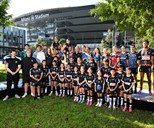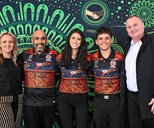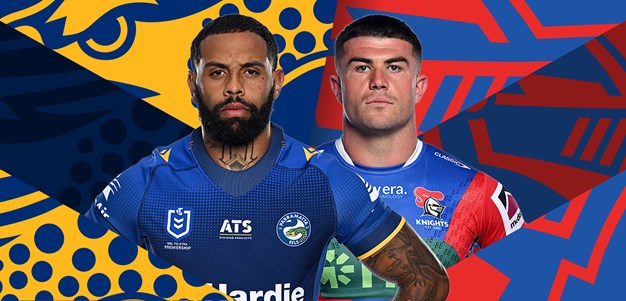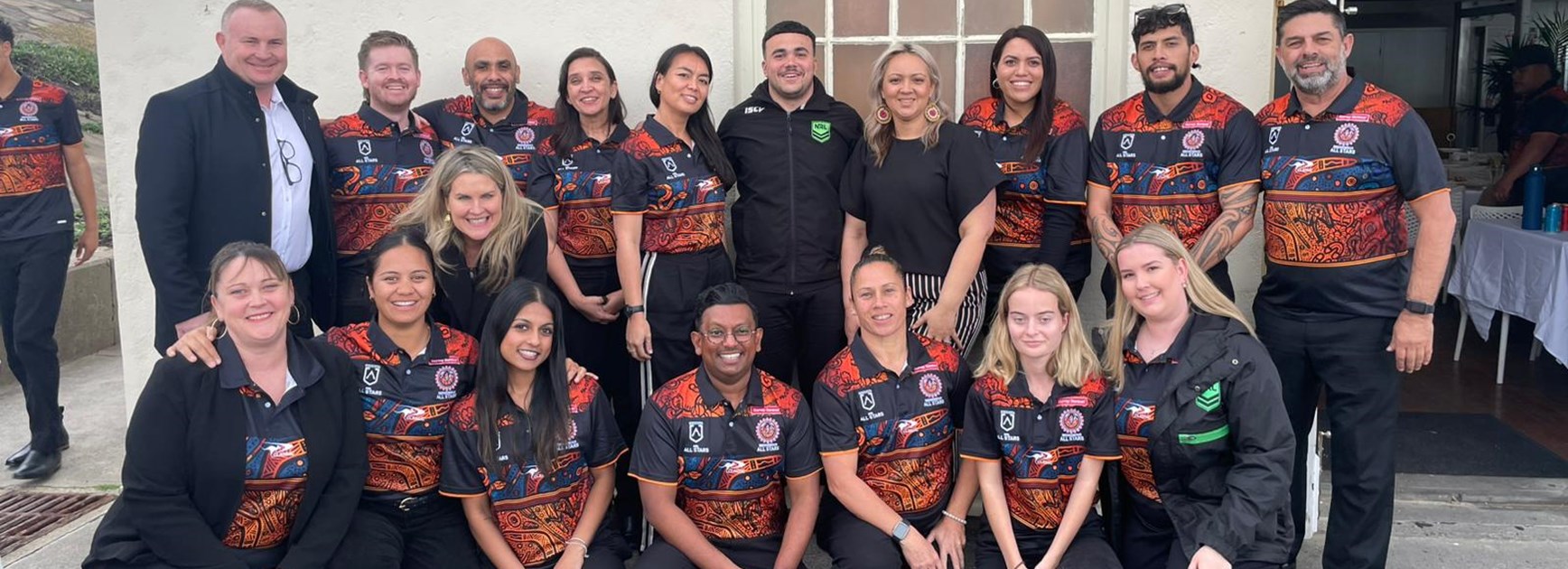
Rolling along on the bus as we made our way to Darkinjung Country, we didn’t know what to expect from the week ahead, tasked with the role of being a NRL Indigenous Youth Summit team mentor.
Once we arrived at home base at Central Coast’s Camp Toukley, there wasn’t much time to get settled in. Armed with a wristband and a list of names in a guidebook, the inaugural intake of NRL staff volunteers set about finding our crew of emerging Indigenous leaders... “Hello, are you Kyarla? Hello, is your name Jack?”
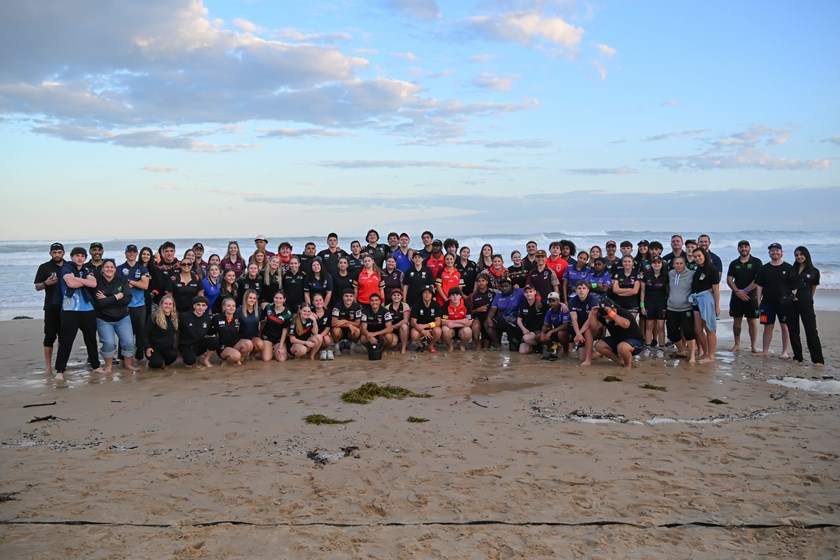
While the Youth Summit has been run since 2011, this was the first year staff from outside of the Social Impact, Indigenous Strategy and School To Work team were invited to be part of the annual four-day camp.
The NRL was the first major sporting organisations to commit to a RAP back in 2008 and were the first to reach Elevate level in 2018, and initiatives like this help turn intentions into actions.
For RAP Manager Alanah Scholes, the inclusion of a diverse range of staff – with the first intake seeing people from Finance, Integrity, Corporate Affairs as well as Game and Coach Development – was a huge success.
“It's such a great experience to be a part of, not just to see the impact the summit has firsthand on these young people, these leaders of today, but it's also a great cultural experience for people to see how we bring culture into the program,” Scholes said.
“Staff from the rest of the business hear about these programs all the time, but don't get to actually experience it.
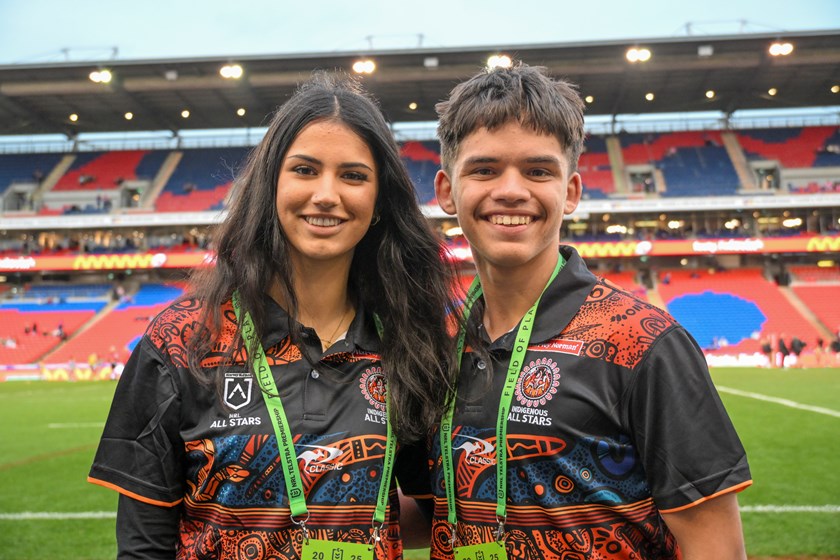
“With the work that we do through our Reconciliation Action Plan and around the strengthening culture and people’s knowledge, this is just one element of how we can do that authentically as part of our game in our business.”
Jacqueline Griffiths from Finance, who herself is Indigenous Australian of Kija and Yawuru mob, said she jumped at the chance to apply.
“I just wanted to feel a connection to country and to mob, and it was a really great opportunity to give back,” Griffiths said.
“A part of our RAP and being in that elevated RAP program is making sure that everybody in the organisation addresses and really embraces Indigenous reconciliation and participation.
“Getting these kids coming through is just the ultimate way to really grow the code and grow Indigenous participation. The whole week was brilliant.”
For me, seeing firsthand the changes in each of the participants, staff and mentors included, over the course of the four days was inspiring.
Witnessing the youth be taken on a journey to feel more confident in themselves and to proudly display their culture filled hearts and gave hope for the future – these leaders coming to shake up the status quo.
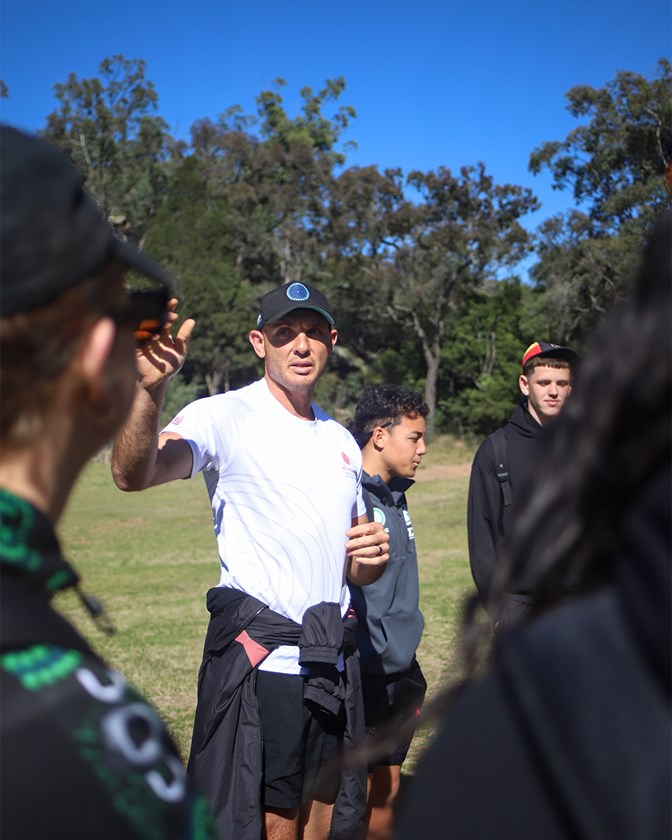
Guided by , established by former NRL player and Gamilaroi / Dunghutti man Jonathan Wright and supported by Gumbaynggirr / Birrpai man Evis Heath, the duo created an empowering space for the youth to explore their identities.
Off-site trips on Country to sites like Baiame Cave and Finchley Aboriginal Area in Yengo National Park were particularly powerful, as was hearing Elders speak about the importance of connection and being proud to take their culture with them into their futures.
A camp for Year 11 Aboriginal, Torres Strait Islander and Māori youth, the open and flowing sharing of culture showed there was more to unite us than divide us.
This was evident from the very first day at the very first welcome, where students got up to learn a local dance, before the Māori contingent from the Warriors performed their own acknowledgment to their peer group.
Their different perspectives were also embraced during camp, be it learning the definition of the word ‘deadly’ for Indigenous Australians - much like ‘mean’ in Aotearoa - while a particular highlight was the teaching of a haka to many curious Aboriginal and Torres Strait Islander students - as well as multicultural staff - including this slightly uncoordinated half-Asian narrator.
We are moving forward together
Warriors Community Manager Charlotte Scanlan, a former Kiwi Fern, who was taking part in her second summit, said she found the camp “really inspiring”.
“I know for our Māori rangatahi (young people) … we take it for granted and I think letting them see how impactful teaching the haka was or sharing little bits of their culture to everyone here, it really does highlight how blessed they have it in New Zealand and how it is something that they should be proud of,” Scanlan said.
As one the club representatives there to chaperone their participants, Scanlan was encouraged to see the NRL supporting the initiative by opening up the opportunity for all departments to get involved.
“I think when it comes to stuff like this, you can't take away actually being there,” Scanlan said.
“You can capture it on social media. You can tell the stories, which are always impactful, but when you're there, when you're witnessing the changes that are happening within these kids …
“The different connections that they're making, how culture can actually help them through the challenges they are facing in life and how communication can help them through that.
“Having everyone else see that and see if we actually empower our youth, they're going to help us create this game that's amazing.
“Hopefully it encourages them to go back and give back to their local communities, and to invest in this space, because it's one thing that's just going to keep making our game special.”
Storytelling is my job and my calling and wanting to be more informed and respectful when it comes to helping Indigenous participants in our game tell their stories was one large reason why I put my hand up to join.
Having now opened up the opportunity for more people to immerse themselves in learning about Indigenous cultures, I highly recommend more staff jump on board next year.
